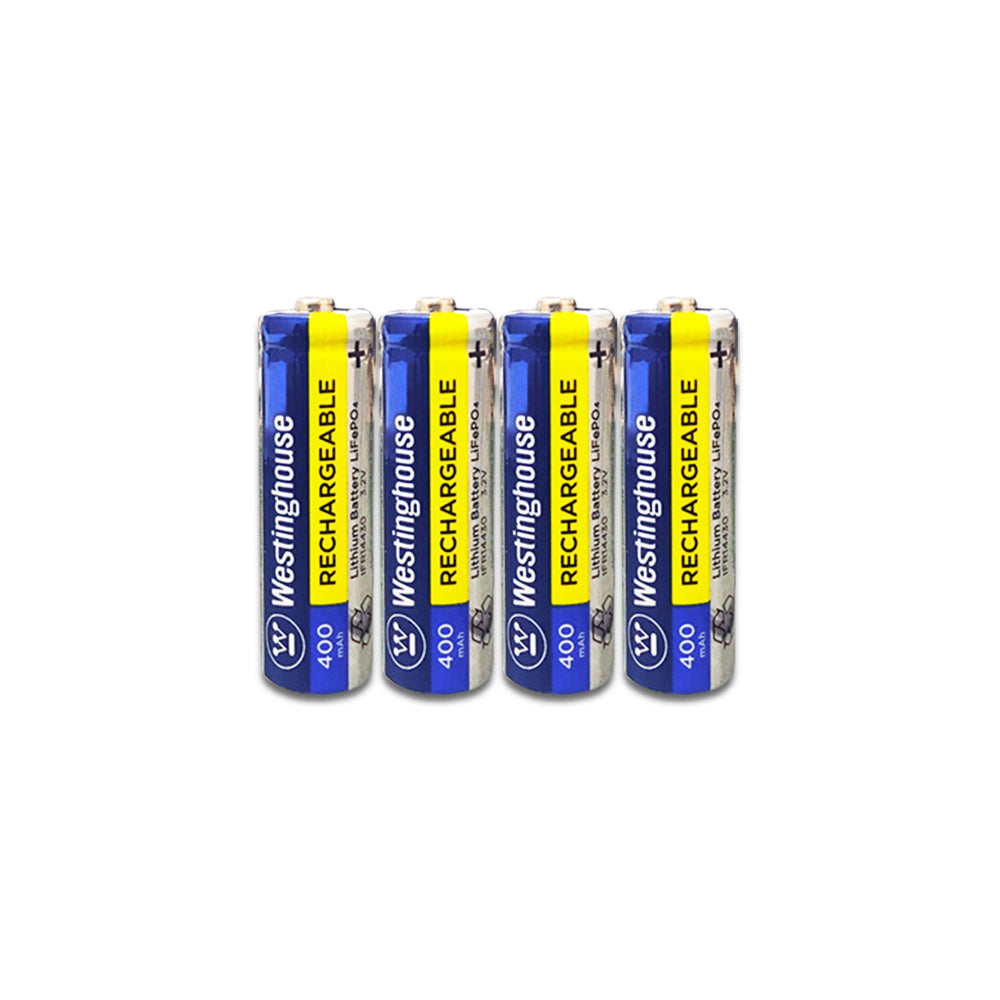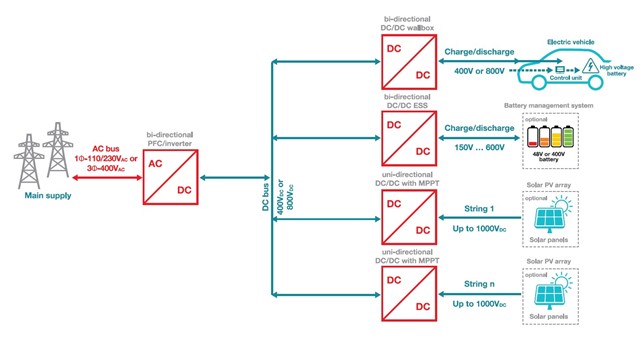
Portable LifePO4 Battery Power Station
Battery power is a must when camping or pellet BBQing without access to electricity. This portable power station can provide up to 1408Wh of energy and comes with a BMS for safety and longevity.
LiFePO4 batteries are the leading lithium technology in backup power and solar systems. They have a much longer lifespan and can handle more charge cycles than lead-acid batteries.
Lithium-ion batteries
Lithium-ion batteries convert chemical energy to electrical and then store it until it is needed. They contain one or more cells (energy compartments) and can vary in size, shape and capacity. Each cell has a positive electrode called the cathode, a negative electrode called the anode and an electrolyte that conducts ions between them. The anode is typically made from porous carbon, and the cathode is a metal oxide. Lithium ions shuttle between the cathode and anode during charging and discharge; a separator keeps lithium ions from mixing with each other.
Over time, processes inside the battery conspire to coat the boundary layer between the electrodes and electrolyte with chemicals that prevent the ions from moving freely between them. These reactions also bind the lithium into new chemical compounds that can no longer move from Portable lifepo4 battery one electrode to the other. The biggest single influence on battery aging is temperature: Keep it under 30 Centigrade and aging is slow, but 45 Centigrade and up starts to accelerate.
Battery lifespan depends on a few factors, including usage and storage conditions. A battery that sees a lot of use will need replacing sooner than one that is rarely used. Unlike lead acid batteries, lithium-ion batteries can withstand many more charge and discharge cycles without losing their capacity. As such, they are ideal for applications that require a high amount of power in a relatively small package, such as electric vehicles and portable electronics.
LiFePO4
A lithium iron phosphate battery (LiFePO4) is a type of lithium-ion battery that uses a cathode made from lithium-iron phosphate and an anode made from graphite. This technology has a higher energy density than other lithium battery types and can be recharged more quickly. It also has a longer lifespan than lead-acid batteries, which means less waste and money spent on replacements.
LiFePO4 batteries are used in a wide range of applications, from powering electric vehicles to providing backup power for data centers. They are lighter than many other types of batteries, offer consistent performance, and can be charged at a high rate. LiFePO4 batteries are also more environmentally friendly than other types of batteries, as they can be recycled.
These batteries are often used in electric golf carts, patrol cars, and tourist carts. They are also a popular choice for solar systems and other off-grid applications because they are safer than lead-acid batteries and have a longer lifespan. They can also be recharged more than 5,000 times without losing much of their original capacity. This long lifespan is expected to drive the growth of the market for lithium iron phosphate batteries in the coming years.
Other lithium-ion battery chemistries
Lithium-ion batteries have been widely adopted in various electronic applications because of their relatively high energy density, excellent recharge ability and long lifespan. Unlike nickel-cadmium (NiCd) batteries, lithium-ion batteries do not suffer from memory effect, a detrimental process in which repeated partial discharge/charge cycles cause the battery to ‘remember’ its lower capacity. Moreover, they do not contain toxic cadmium and are thus easier to dispose of when no longer in use.
The performance of a lithium-ion battery is primarily dependent on the cathode and anode materials. The active component of the cathode is lithium, while the anode is usually a metal oxide or carbon material. Between these, a separator is placed to prevent short circuiting.
There are different cell chemistry types that can be employed in a lithium-ion battery, but three stand out as particularly popular for EVs: lithium iron phosphate (LFP), lithium nickel manganese cobalt oxide and lithium nickel cobalt aluminum oxide. Our OneCharge batteries utilize LFP cells, which offers a number of benefits for material handling equipment.
When a battery is stored for extended periods, the anode may decompose and cause a metallic Lithium deposit to form on the anode, resulting in irreversible capacity loss. The deposits also interact with the electrolyte, leading to an increase in cell impedance. In some cases, the deposits may even pierce the separator, causing an internal short circuit and a fire or explosion.
Applications
Lithium batteries have become very popular for portable electronic devices because they offer a high energy density ratio and can withstand a number of charge cycles. This means that they can power more electronics in less space, which is great for people who want to travel light without sacrificing battery life. However, these batteries can also be very dangerous if they are used incorrectly. This is why it’s important to know how to safely use a lithium iron phosphate (LiFePO4) battery, and how to keep your batteries safe from overcharging and overdischarge.
The traditional rechargeable AA or AAA type batteries are based on Nickel-Cadmium technology and contain toxic metals that pose a safety hazard. To address these issues, thin film prismatic polymer lithium-ion batteries (PLBs) are fabricated with an aluminum-plastic laminated film bag and a solid polymer gel electrolyte. These new batteries are much thinner and lighter than traditional PLBs and have excellent performance and safety characteristics.
Bioenno Power LiFePO4 batteries are also very popular for electric golf caddies because they are less than half the weight of lead acid batteries and have a tremendously enhanced cycle life. They can also be combined with converters and inverters to Portable lifepo4 battery provide backup power for off-grid applications such as home and office solar systems and backup power for camping trips.
LiFePO4 batteries have a series of unique advantages such as elevated working voltage, large energy density, long cycle life, low self-discharge rate, no memory effect, green environmental protection and support stepless expansion, which makes them ideal for large-scale electrical energy storage. This makes them a good choice for safe grid connection of renewable energy power stations, peak regulation of the power grid, distributed power station and UPS power supply.



